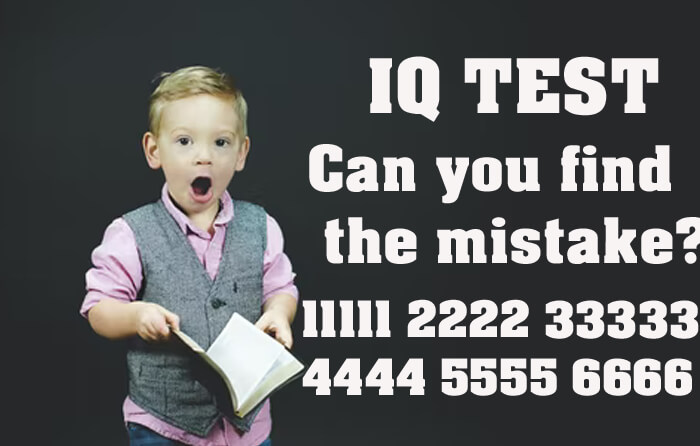The way people communicate with one another can be broken down into a number of different channels, including body language and facial expressions. Sometimes it’s not what is being said but how we show our emotions through tone or pitch that gives away all the information needed for understanding.
Autistic kids can be both verbal and non-verbal. Although there is no clear line between the two, some people with autism may develop enough communication skills that they could answer questions or interact in some way but still not know how to use more than a few words at once.
They often struggle with communicating their feelings and ideas, especially non-verbally. This can make it hard for them to form relationships or interact socially on any level – verbal or not!
Intelligence without words is often misunderstood. Non-verbal children with autism have been considered intellectually disabled because their score on a IQ test fell below 70. It’s now known that this measurement doesn’t capture intelligence adequately and these individuals may possess unique abilities not captured by traditional cognitive assessments. It’s recently become clear that typical IQ tests are in poor tools for measuring intellectual ability when children have autism.
